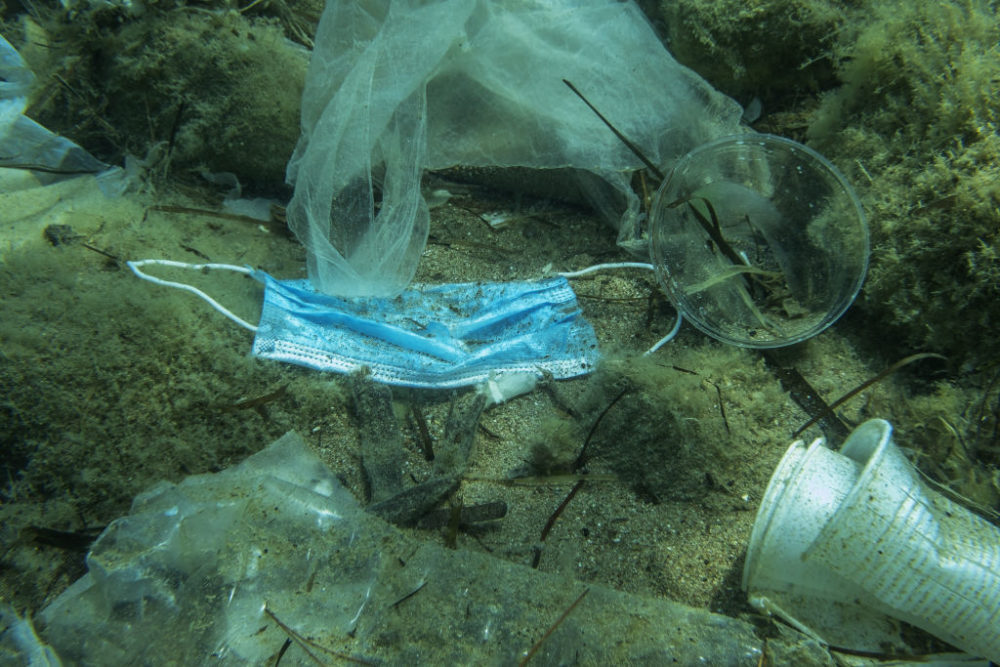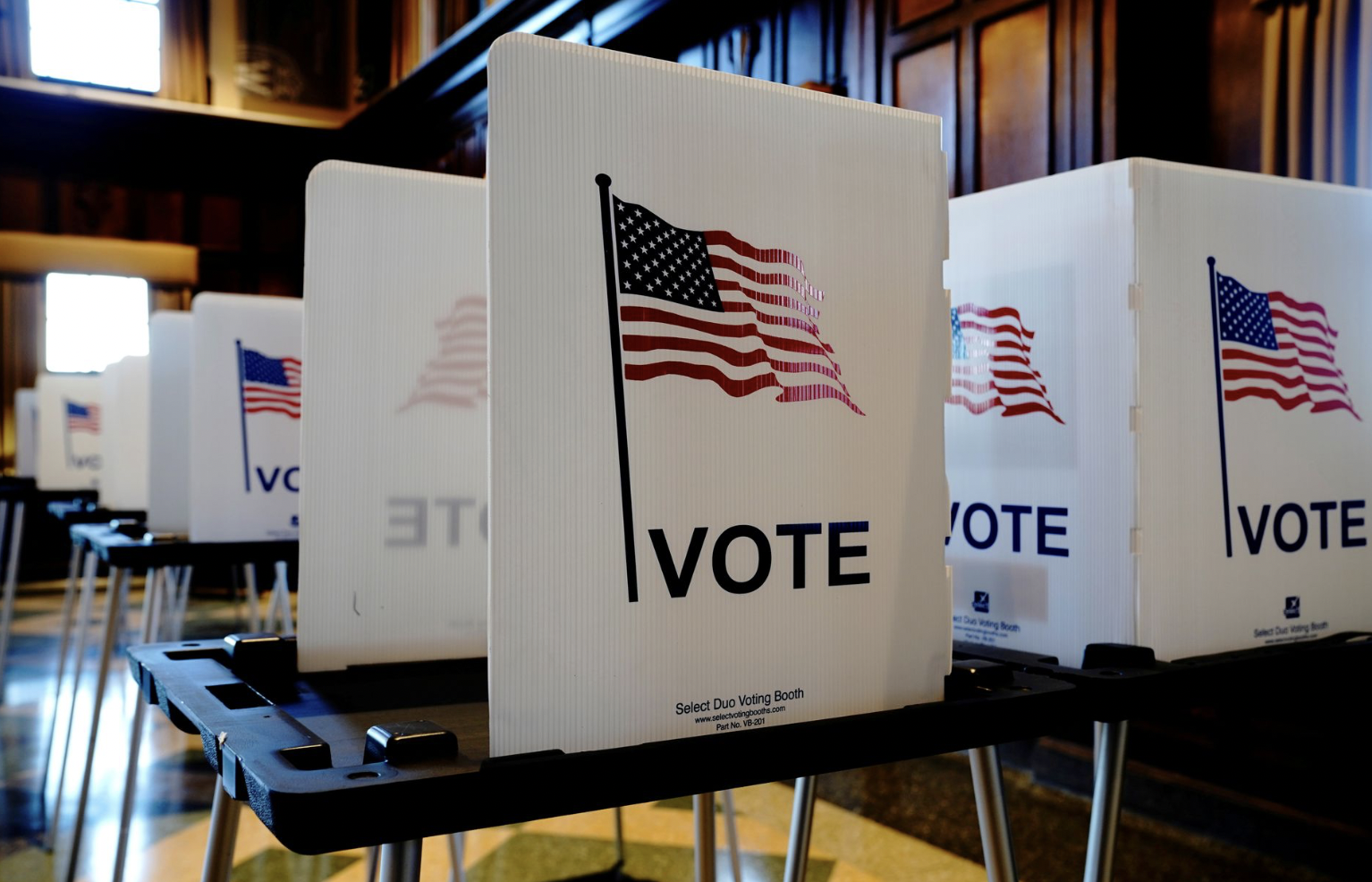|
Getting your Trinity Audio player ready...
|

Experts say that 30% more waste has crept into our oceans since the pandemic began.
Some had hoped that the lack of sporting events, concerts, and reduced travel might reduce the use of single-use plastic items. In fact, the opposite has happened. Now MORE food is wrapped in non-recyclable materials or packaged in single-use takeaway containers. We’ve noticed that our children bring home apples and bananas from their lunch service wrapped in plastic. A banana wrapped in plastic!!! A banana COMES wrapped! They wrap the oranges too! These are fruits that have their own natural zip lock bag to begin with. But I digress.
And let’s talk about single-use face masks. Many of those are ending up on the streets and in the ocean, where animals mistake them for food because they float like jellyfish and are harmed when they try to eat them.
“There’s 129 billion facemasks being made every month — enough that you could cover the entire country of Switzerland with facemasks at the end of this year if trends continue,” says Dave Ford, founder of the environmental literacy organization SoulBuffalo and the Ocean Plastics Leadership Network.
Materials that can be recycled may not be because cash-strapped municipalities may cut the budget for recycling programs.
Ford’s company pushes large companies to publish data about their use of plastics and pledge to reduce. You can do your part by reducing your single-use items and properly disposing of them when you do use them.





